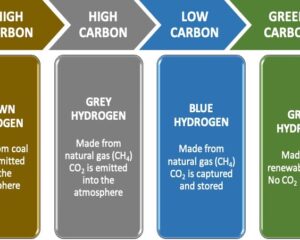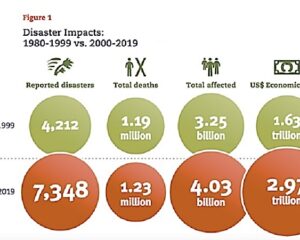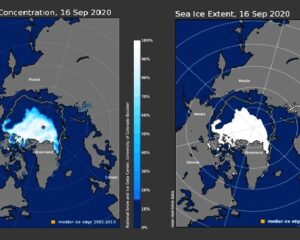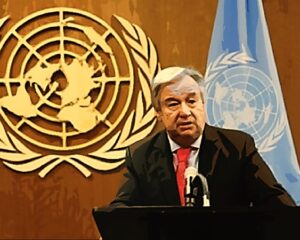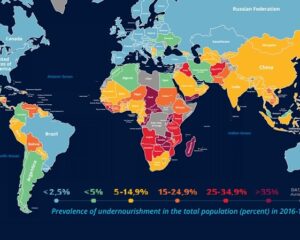Analysis in new report from the Australian National University’s Centre for Climate & Energy Policy shows that producing hydrogen from fossil fuels carries significant risks, and is likely to be incompatible with decarbonisation objectives. These findings have big implications as Australia looks to become a ‘hydrogen superpower’.
Read more


